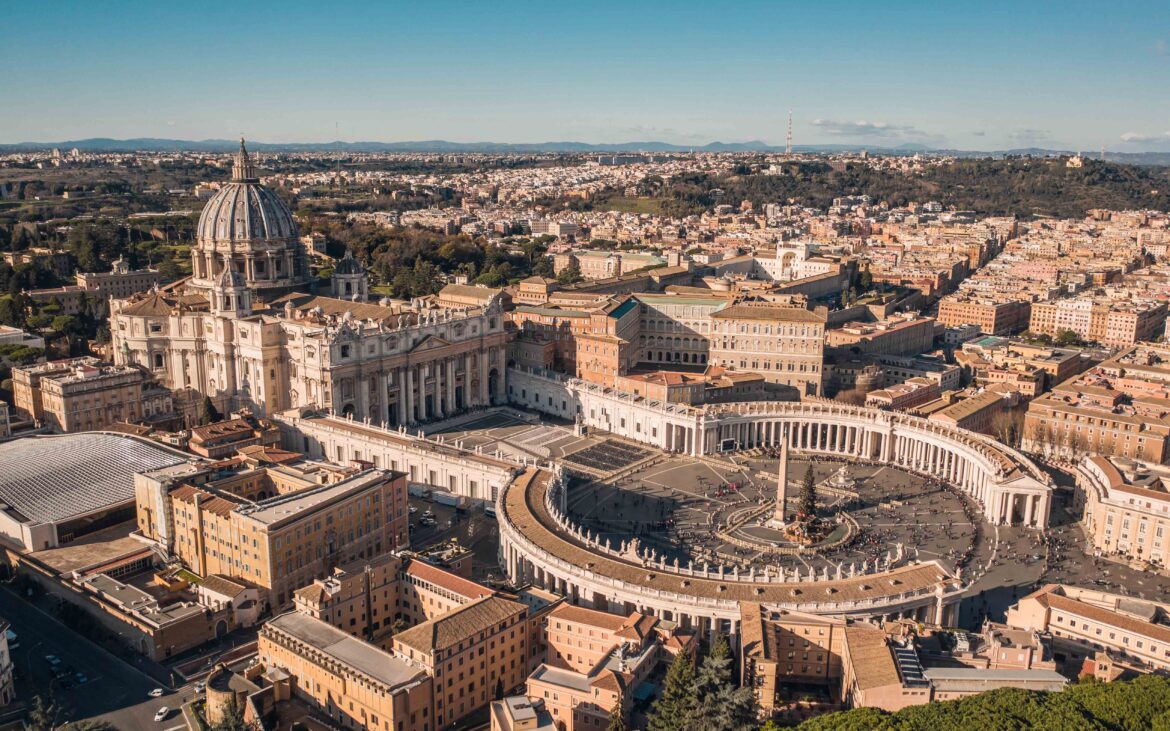In the heart of Vatican City, the papacy has undergone a renaissance under the esteemed leadership of Pope Francis. With an expansive array of pastoral and administrative reforms, his pontificate continues to command attention in a world fraught with challenges. The messages emanating from the Vatican under his guidance both resonate with and challenge contemporary Christendom. As we delve into the latest developments surrounding Pope Francis, it is both pertinent and provocative to inquire: how does one man wield such profound influence in the global tapestry of faith?
Firstly, it is vital to glean insight into Pope Francis’s vision of reform, which is underpinned by an ethos of mercy and inclusivity. From the outset, he has sought to refresh the Church’s narrative, redirecting focus from dogmatic rigidity towards a more pastoral approach. This shift has manifested in multiple facets of Church doctrine and practice, particularly regarding social issues that have long been contentious.
The pontiff’s elucidation on the need for a more welcoming Church has stirred debate and reflection. For instance, his approach to LGBTQ+ communities marks a significant departure from traditional Catholic teachings. He has indicated a willingness to engage with, rather than ostracize, those who identify as part of the LGBTQ+ spectrum. This has opened floodgates for discussions on inclusivity within the Church. Yet, this blessing of dialogue poses a potential quandary: how can the Church balance its doctrinal commitments with the evolving social mores of modern society?
Moreover, Pope Francis’s dedication to environmentalism reflects a deep-seated concern for the stewardship of creation. His encyclical, “Laudato Si’,” emphasizes the urgency of addressing climate change and its disproportionate impact on the impoverished and marginalized. The Pope encourages an eco-theological perspective, compelling congregations to rethink their relationship with the earth. However, the challenge remains—how can disparate cultures and communities unite under a singular vision of ecological stewardship without compromising their unique identities?
The Pope’s commitment to addressing poverty and migration has galvanized both supporters and detractors. His insistence on opening the Church’s doors to refugees and immigrants has been met with resistance in some quarters. Yet, his narrative posits these individuals not merely as statistics but as brothers and sisters in Christ. The question thus arises: how does one balance the Church’s universal mandate of charity with the complexities of national sovereignty and societal resources?
Furthermore, within Church governance, Pope Francis has initiated significant reforms aimed at enhancing transparency and accountability. The establishment of new financial protocols seeks to mitigate corruption that has plagued historic Vatican finances. This endeavor is not without challenge, as implementing reforms often encounters entrenched interests. Consequently, one might ponder: in an institution so steeped in tradition, how can reform be enacted without alienating those who hold fast to legacy?
Continuing our exploration, one finds that Pope Francis’s engagement with global political leaders amplifies his influence significantly. Through various forums, he has championed peace and dialogue, addressing issues ranging from nuclear disarmament to economic inequality. His interactions with political figures illustrate the synergetic relationship between faith and politics, offering a model for constructive engagement. However, this raises a provocative inquiry: what is the role of the Church in political discourse, and to what extent should it assert its moral authority in shaping governmental policy?
In a broader context, Pope Francis’s messages resonate with the lay faithful, many of whom feel disillusioned by the Church’s past scandals and controversies. His authenticity and approachability have endeared him to many, fostering a renewed interest in spiritual matters. While his ability to connect with the average believer presents a resurgence of faith, it also challenges the established ecclesiastical hierarchy to adapt and respond to layperson aspirations. The question, therefore, becomes: how does the Church transcend institutional barriers to cultivate genuine pastoral relationships?
It’s worth noting that within the vibrant mosaic of Catholicism, perspectives on Pope Francis’s reforms are wonderfully diverse. From ardent supporters to staunch critics, the dialogue surrounding his papacy is a testament to the dynamism of the faith. The profound theological implications of his reiterations are met with a mix of hope and apprehension. A vital challenge remains: in a world that is perpetually changing, how can the Church remain relevant without sacrificing its core tenets?
As we conclude our assessment, it is crucial to acknowledge the dual nature of Pope Francis’s legacy. He embodies both the hope for a revitalized Church and the challenges inherent in that pursuit. His approach prompts reflection on the delicate balance between maintaining doctrinal integrity and embracing a more pastoral, inclusive stance in an increasingly fragmented world. The exploration of his papacy invites each member of the Church to engage critically with these themes, prompting growth both individually and collectively.
In summary, the latest news surrounding Pope Francis paints a picture of a transformative leader willing to challenge the status quo in the Christian landscape. Whether through environmental advocacy, social justice initiatives, or spiritual reform, the Pope’s influence is palpable. As we contemplate his messages and methods, we encounter the ultimate question: can the Church evolve to meet the needs of a contemporary society without forsaking its foundational beliefs?



